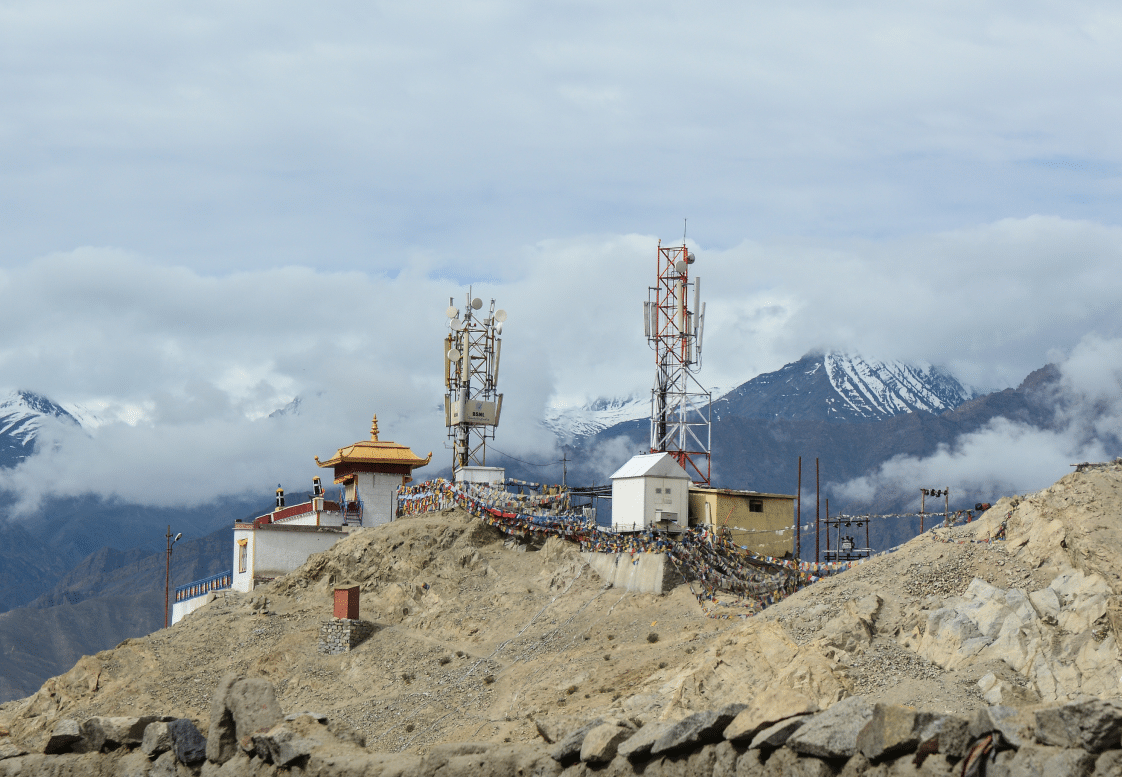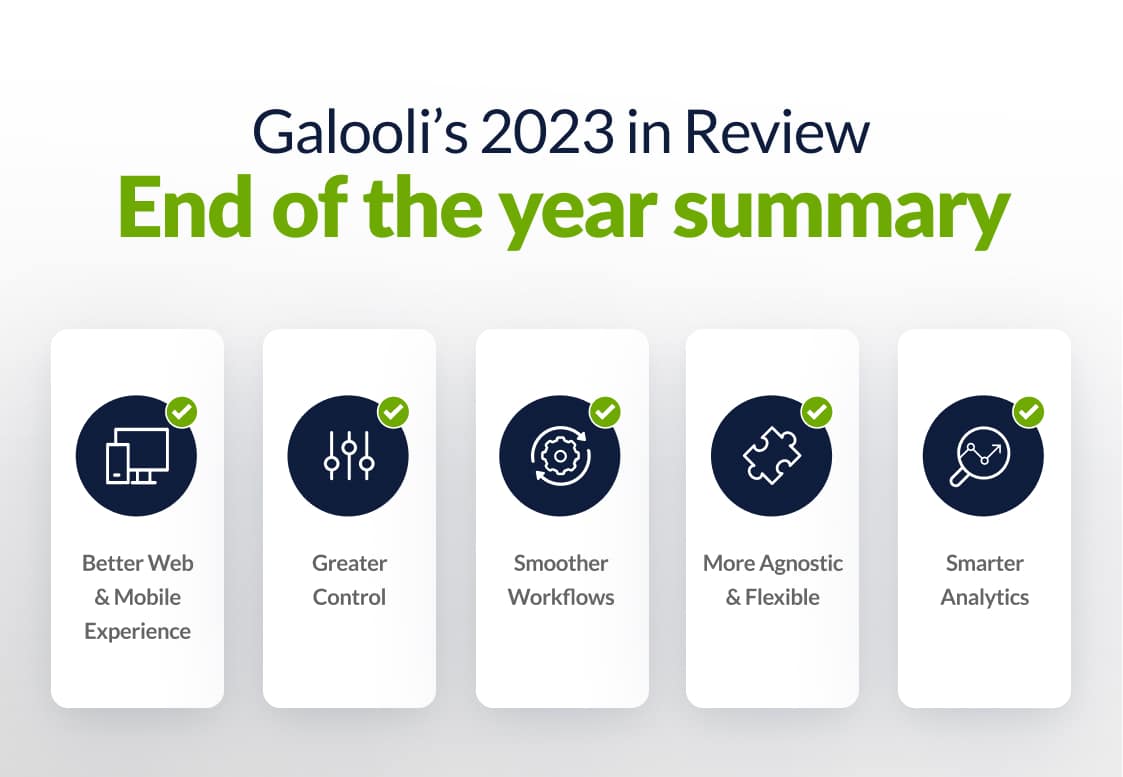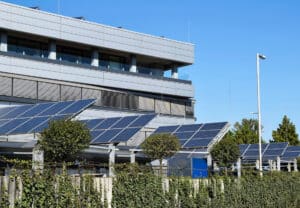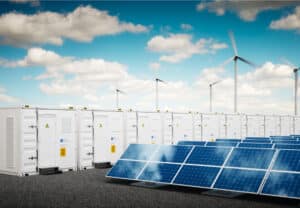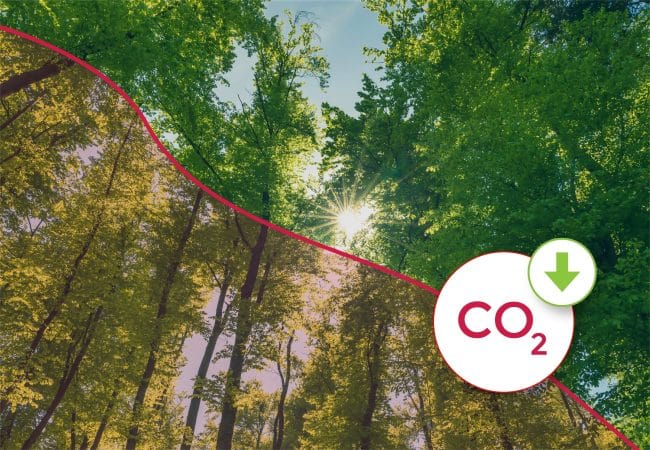
The term “Net Zero” gets thrown around a lot, but have you ever wondered what it actually means?
In short, Net Zero is the equalized balance between the carbon emissions and greenhouse gasses released and the amount of those compounds that are removed from the atmosphere. Basically, nature’s ultimate set of scales that if they tip one way or the other, you’ll have to compensate to balance them once again. So how do you go about bringing your organization to a status of Net Zero, and why should organizations care so much about the achievement?
Summed up – climate change.
What is Climate Change?
Climate Change is the gradual warming of our planet due to the excessive levels of carbon emissions we as humans release. Moreover, 20 of the hottest years on record have occurred in the last 22 years.
Just for some perspective – the Earth’s temperature has risen by a whole degree than where it was pre-Industrial Era. Bizarre and abnormal weather patterns, temperature shifts at different times of the year, sea levels, loss of polar ice, storms, and heatwaves are just some of the potential consequences of our reliance on fossil fuels.
What is causing climate change?
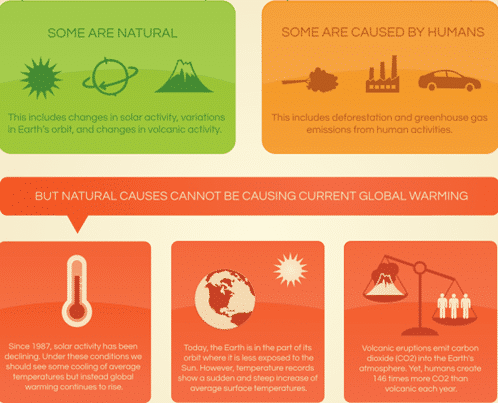
Humans. Humankind is the single biggest contributor to greenhouse emissions bar none worldwide. Whether it is planes, trains, automobiles, or ships, the burning of fossil fuels produces significant levels of carbon dioxide (CO2).
As a “greenhouse gas,” CO2 is a major contributor to the greenhouse effect or the process by which the Sun heats the Earth’s surface. The heating provided by the sun in this way is paramount to supporting life on Earth; without it, the temperature would average ~30 degrees Celsius cooler.
However, the problems start when we as humans start releasing too many greenhouse gases, and the concentrations in the atmosphere start to rise. These gasses trap the heat that is supposed to stay in the atmosphere for a time, before being released back into space.
What can be done to combat climate change?
There are a variety of different actions you can take as an individual and an organization to reduce your carbon emissions.
Some of these include:
- Promoting the use of sustainable manufacturing and recycling practices by 3rd-party vendors and within your organization itself
- Only invest in and partner with companies that practice responsible investment, while avoiding those that hedge heavily on fossil fuels
- Invest in alternative energy and work to disconnect from the grid and fossil fuels as much as possible, like relying on backup batteries.
- Use monitoring and management tools to remotely track and control these energy assets
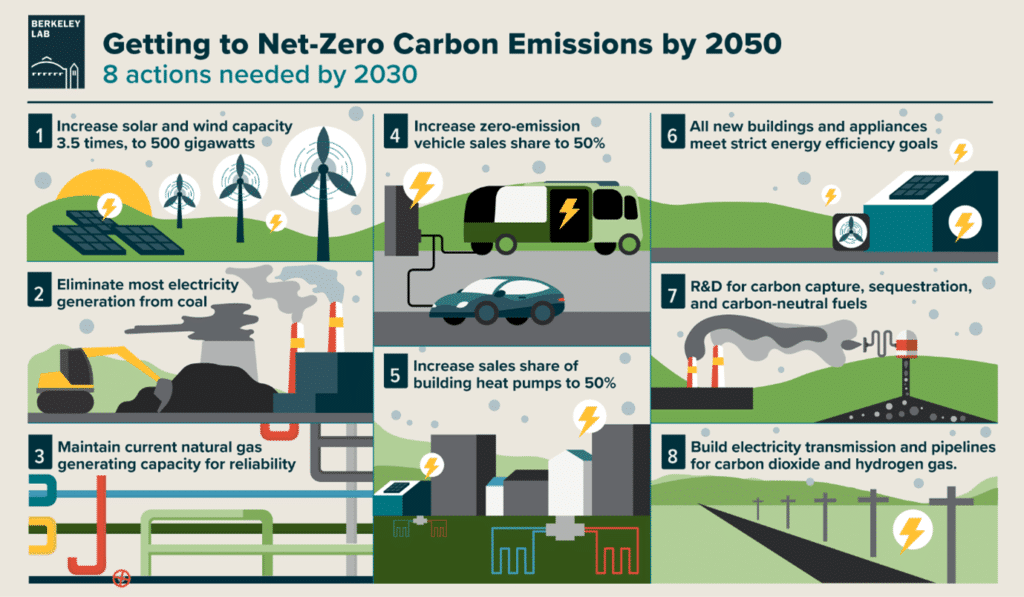
Beyond specific actions that you can take either individually or as a group, you can also put pressure on your local, state, and national politicians. It is difficult to create a paradigm shift for an entire industry, let alone the source of the energy for our daily lives.
That’s why pushing your representatives to take these issues seriously and create legislation to combat these dangerous trends is critical to ensure organizations are held accountable for their waste byproducts. So why is it so important to achieve Net Zero, and why should enterprises and nations alike be paying attention.
What is the importance of achieving Net Zero?
It is common to hear the turn of phrase the “Race to Zero” nowadays, which is a targeted global campaign to push a carbon-neutral or climate-neutral agenda and standards. Besides wanting to help out the environment, 196 of the world’s nations signed the Paris Climate Agreement in 2015. The agreement is a commitment by these countries towards the significant reduction of both their carbon emissions and reliance on fossil fuels while aiming to achieve a carbon-neutral world by 2050.
Consider that if the current trends continue, the last time CO2 concentrations reached such levels in the atmosphere was four million years ago. Back then, the temperature was 3-5 Celsius warmer, and seas were up to 25 meters higher than today.
This would be a devastating blow to millions of people around the world who live at or around sea level. We are putting CO2 in the atmosphere at a rate 100 times faster than what would occur naturally, near Ice Age levels.
What’s the deal with Gross and hard Net Zero?
So we have spent more than a small amount of time discussing net zero, but what about Gross Zero? Gross Zero is a theoretical concept whose aim is to eliminate all greenhouse gas emissions. Unfortunately, this lofty goal of eliminating carbon emissions is completely unrealistic, and for most sectors practically impossible to achieve, as there will almost always be some level of emissions released by industrial and commercial activity.
Net Zero focuses on and examines an organization’s overall emissions, in order to get rid of any that can be avoided. The removal of these gases can be done via natural processes like trees’ ability to absorb carbon dioxide. It can also be achieved using innovative technologies or simply by shifting your industrial processes to be more efficient and less harmful to the environment.
Looking forward for Telcos - 5G
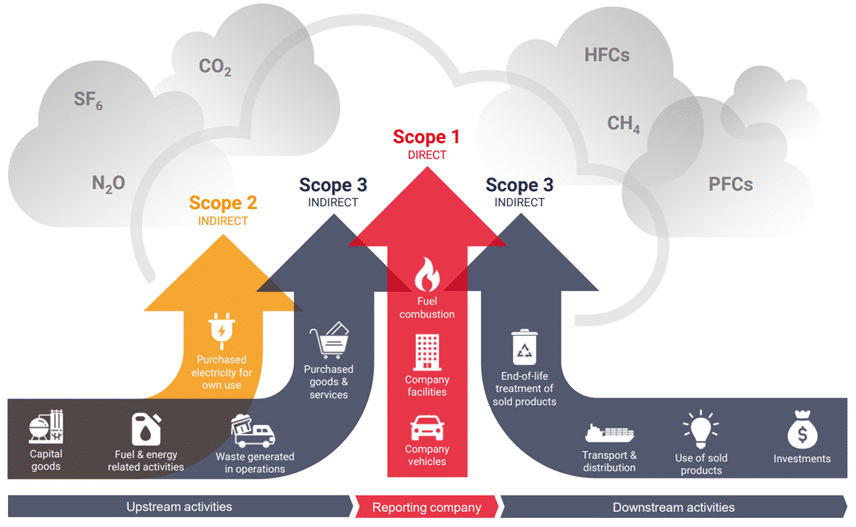
As telco operators use more than 2% of the world’s entire energy consumption annually, finding sustainable energy opportunities and alternatives to paramount. More worrisome, some experts believe the entire Information and Communication Industry (ICT) could be responsible for more than 14% of the world’s greenhouse gas emissions by just 2040. This has become especially relevant as 5G has rolled out globally, with a goal of full coverage by the year 2030.
With the exceptional density of 5G sites and the energy required to run them, finding these solutions has become paramount. However, it’s not all bad news for the 5G rollout; the new network generation has a great deal of potential built-in for sustainable operations.
5G data transfers can be achieved using up to 90% greater energy efficiency than previous network generations, and a greater opportunity for resource sharing. In addition, 5G networks have greater energy elasticity, or rather, they can be turned down during off-peak hours, reducing energy load by up to 40%.
Moreover, the rollout of the newer 5G is coinciding with the gradual decommissioning of older 2/3/4G network sites, further reducing the energy load on these network operators. In fact, more than a third of the telco industry worldwide has committed to reaching Net-Zero by 2050. Some of the largest Telco operators have also been part of this movement towards maximizing efficiency and alternative energy sources while reducing their carbon emissions.




















